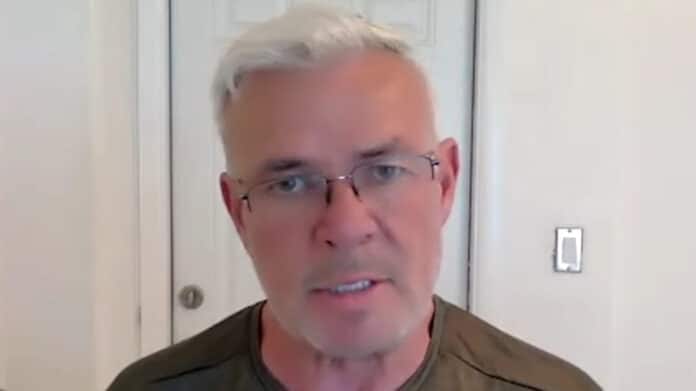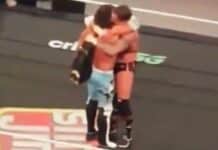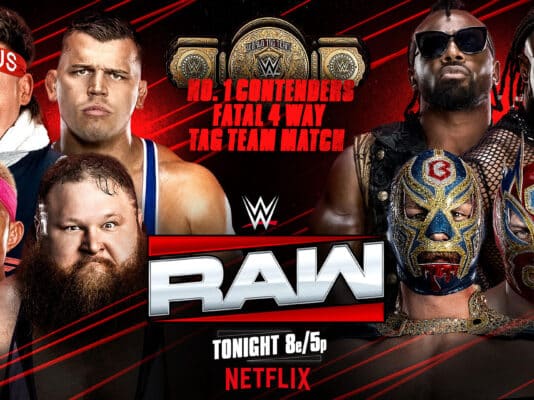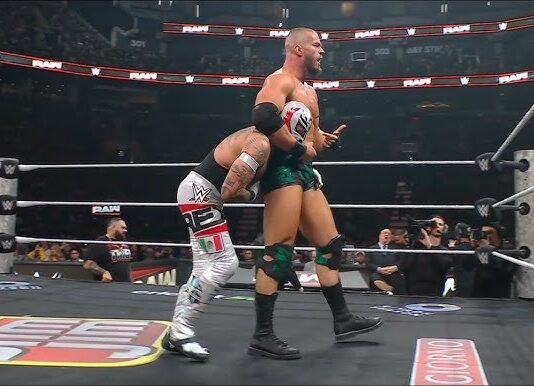
WWE Hall of Famer and former WCW President Eric Bischoff appeared on an episode of his 83 weeks podcast, where he talked about a number of topics including the critiques of WCW’s roster in 1999.
Bischoff said, “One of the critiques of WCW in 1999 — and I think a valid one, because we had such a dense top of the roster. There were so many massive names, proven drawers, financial track record behind them that would justify them being in the positions they were in. But nevertheless, we had a lot of talent that just wasn’t able to break through into that main event roster. This was — and that’s what we did in ’99. It’s what we were trying to address, all the way through my return later on in 2000 or 2001, whenever. When we formed the New Blood. The effort in ’99 was to give some of the talent that are not household names a position on a PPV to help build the perception of them as bigger stars and giving them better opportunities. People that wouldn’t otherwise necessarily make it to a PPV.”
On having younger talent wrestle veterans:
“It’s damned if you do, damned if you don’t. It’s probably a better way to say it. If you put names that are kind of young and fresh, and evolving and developing, and you start putting them on PPV with guys like Randy Savage and Kevin Nash, there’s always a, ‘Why? What you put him on a PPV for? But then when you don’t give those people, people like those opportunities it’s like, ‘Well, no wonder. Oh, it’s a glass ceiling. All the guys at the top are keeping the guys down.’ So it’s damned if you do, damned if you don’t, really. And there’s a way, I’m not suggesting there’s not a way to do it. There is, and I didn’t accomplish it. So, I know from where I speak. But it is an interesting conundrum.”
On spoiling Vince McMahon as being behind the Higher Power storyline and taking cheap shots at WWE in 1999:
“I don’t give up easily. [laughs] Yeah I mean, giving away finishes, having Lex Luger show up in the very first episode, creating the overrun format — or addition to the format. All of that s**t, you know, I probably did it 100 times. And one time, when I was referring to was the Rock and Foley match and ‘butts in seats’ — one time it didn’t work. So I’m not the type of person that’s going to abandon something because, ‘Yeah, it may have worked 99 times, but on the 100th time it didn’t. So I should never do it again.’ I took a shot, stuck with a formula that had previously worked, created controversy, get some people talking. Knowing that it could probably — as I experienced in January as you pointed out — it could have led to people tuning out of Nitro and into WWE to see if my prediction was accurate. But I was willing to take that risk, that trade-off, to maintain that spontaneity, and ‘Anything can happen on Nitro,’ and ‘They’re kind of half crazy and do s**t nobody else ever does.’ That’s what got Nitro to the dance in the first place. So I wasn’t willing to abandon it because I got spanked.”
You can check out the complete podcast in the video below.












